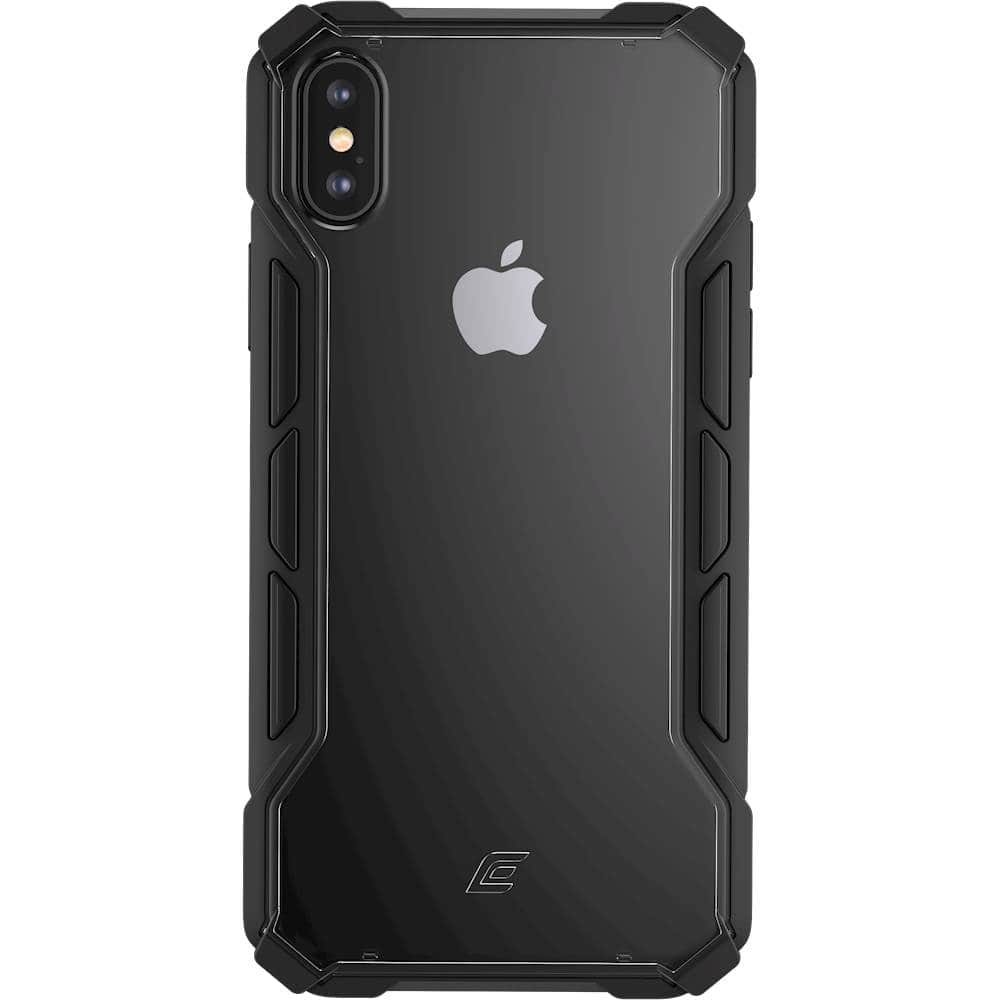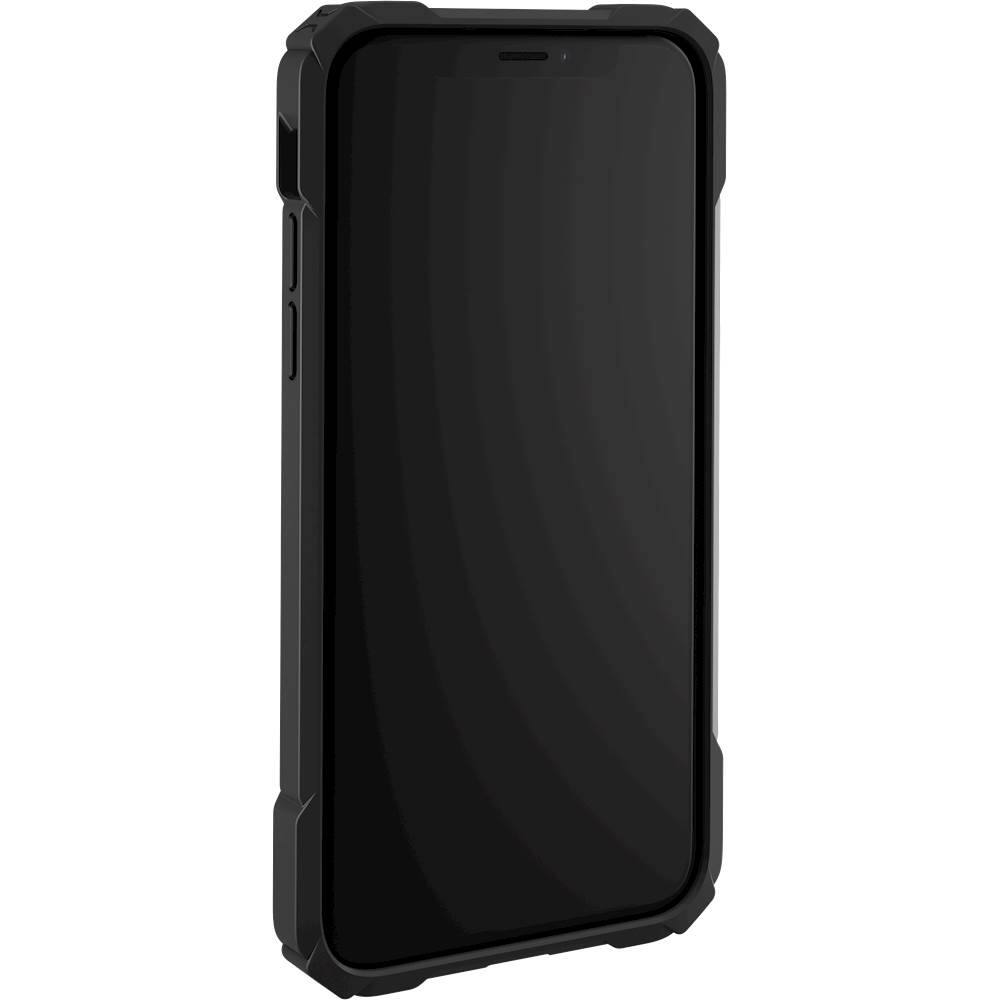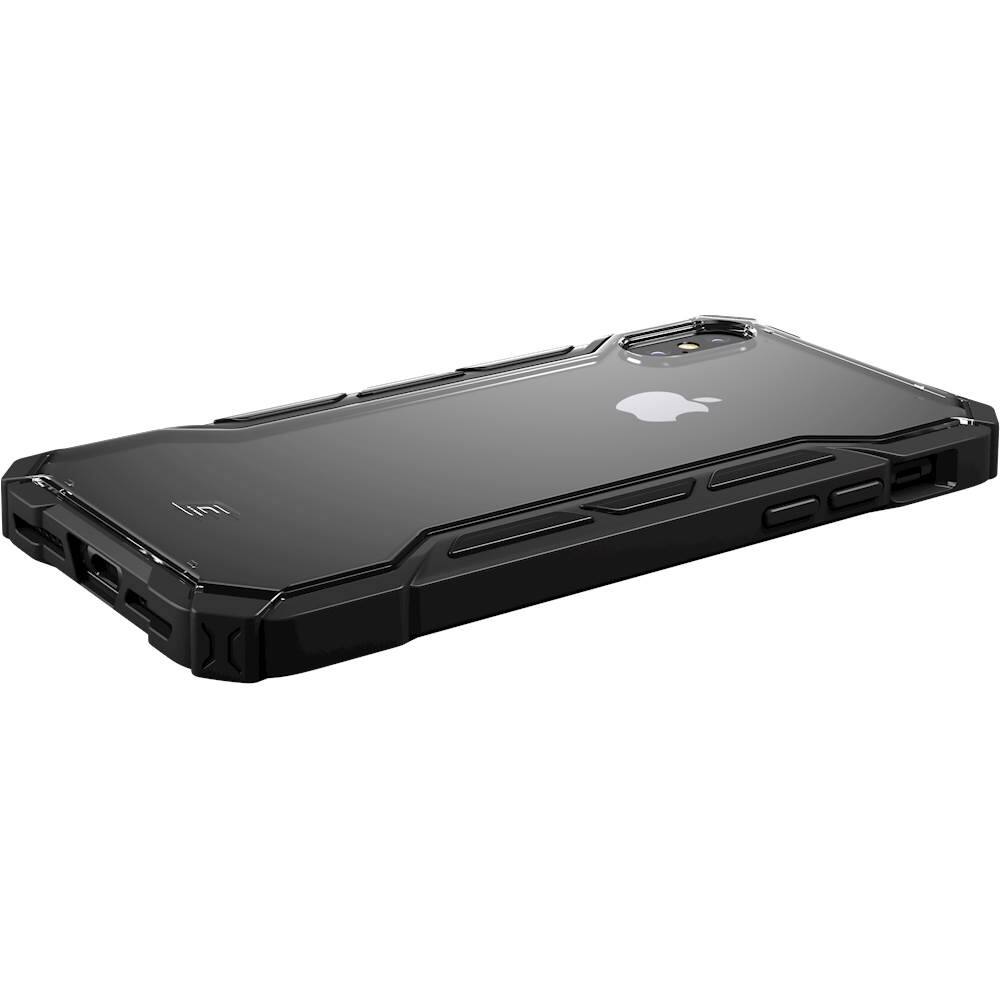rally case for apple iphone xs max - black
SKU: EN-P10067



rally case for apple iphone xs max - black
Correction, 8:26 a.m.: A previous version of this story said the KardiaBand is FDA approved. It is FDA cleared, meaning the US Food and Drug Administration has "determined [it] to be substantially equivalent to another legally marketed device."The KardiaBand aims to track atrial fibrillation, something that fitness tracker heart rate monitors aren't approved to test (yet). The Apple Watch already has a heart rate sensor, and it can even help flag potentially dangerous cardiac conditions. Apple is working on having the heart rate sensor check for heart rhythm abnormalities (atrial fibrillation), and has just launched a heart rate study with Stanford that anyone can opt into and test. But there is a new strap for the Apple Watch that does have FDA clearance right now.
AliveCor's KardiaBand is an FDA-cleared device that checks on-the-spot EKG readings in a Bluetooth-connected strap, Unlike the Apple Watch's optical heart rate technology, the KardiaBand uses your finger or thumb to complete an electrical circuit via two metal contacts: one for your finger, one that rests against your wrist, It works with Apple Watch Series 1, 2 and 3 models -- that is, every version except the original "Series Zero" model, Be respectful, keep it civil and rally case for apple iphone xs max - black stay on topic, We delete comments that violate our policy, which we encourage you to read, Discussion threads can be closed at any time at our discretion..
Should pre-smartphone privacy laws still apply when it comes to police investigations? The Supreme Court is pondering that question. But do they need a warrant to do that? That's the question at stake in a case before the US Supreme Court, Carpenter v. USA, and justices heard both sides of the argument in court on Wednesday. The government wants to keep the current understanding of the law, which lets investigators request location records from wireless providers without a warrant. Opponents say that's a violation of Fourth Amendment protections against unreasonable searches.
The court appeared open Wednesday to creating a new standard for obtaining location information -- but also a little lost as to what exactly that standard should look like, "This is an open box," Associate Justice Stephen Breyer said during the arguments, "We know not where we go."Why is it so hard? Technology has changed dramatically since the rules about government access to location data first emerged, Right now, investigators consider your location information to be something you freely handed over to your wireless carrier, so they don't need to get a warrant to look at it, (They still need to rally case for apple iphone xs max - black get a court order, but that doesn't require law enforcement officers to clear as high a bar to get permission from a judge for the search.)..
This approach is called the "third-party doctrine," and the American Civil Liberties Union argues it shouldn't apply so broadly now that location data can provide such a precise and complete picture of your movements. Tech and telecommunications companies including Apple, Google, Facebook and Verizon have voiced support for the ACLU's argument. The rules for accessing location information emerged from the Stored Communications Act, enacted in 1986 and last amended in 1994. But things have changed since then, said ACLU attorney Nathan Wessler, who argued in favor of a new standard.